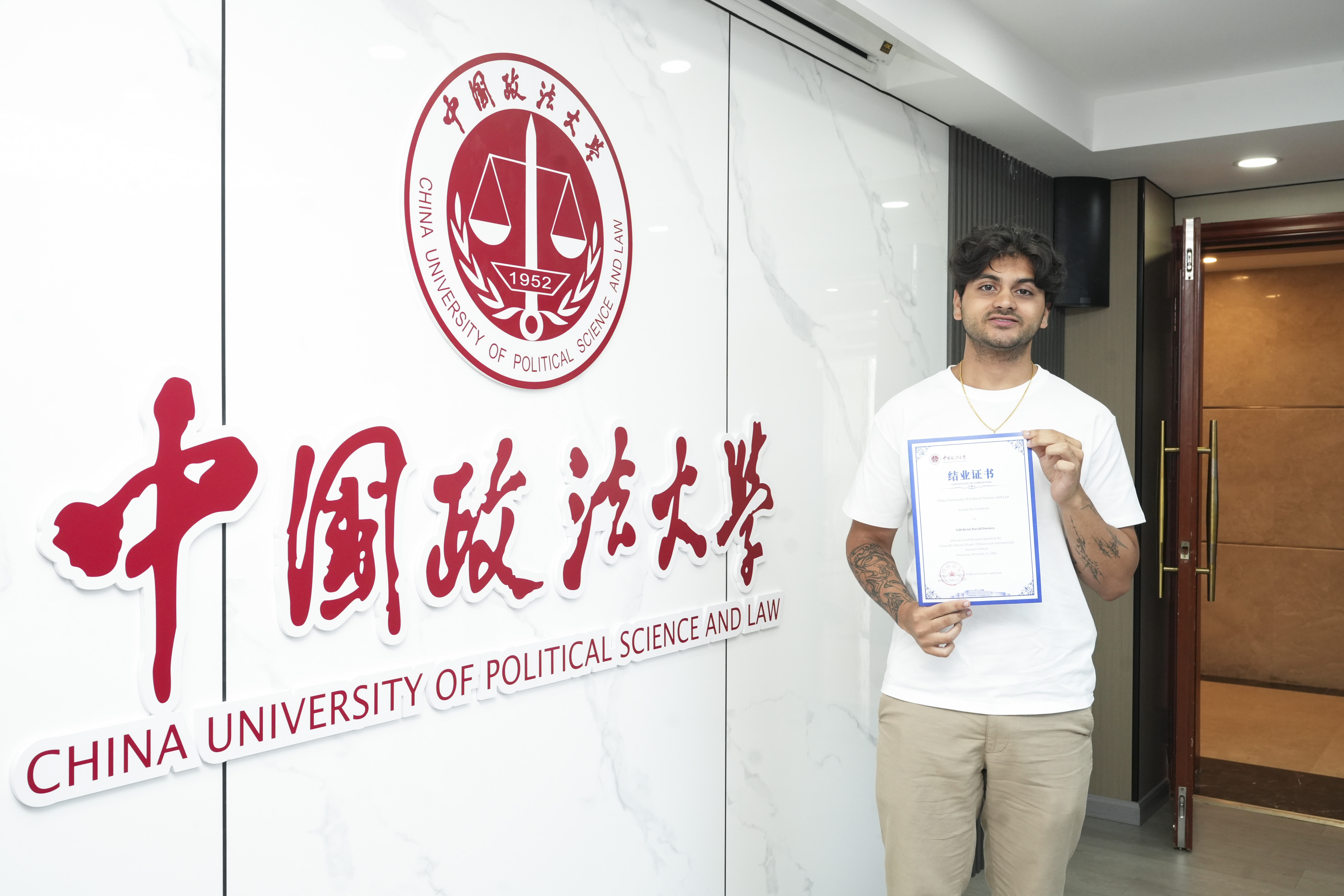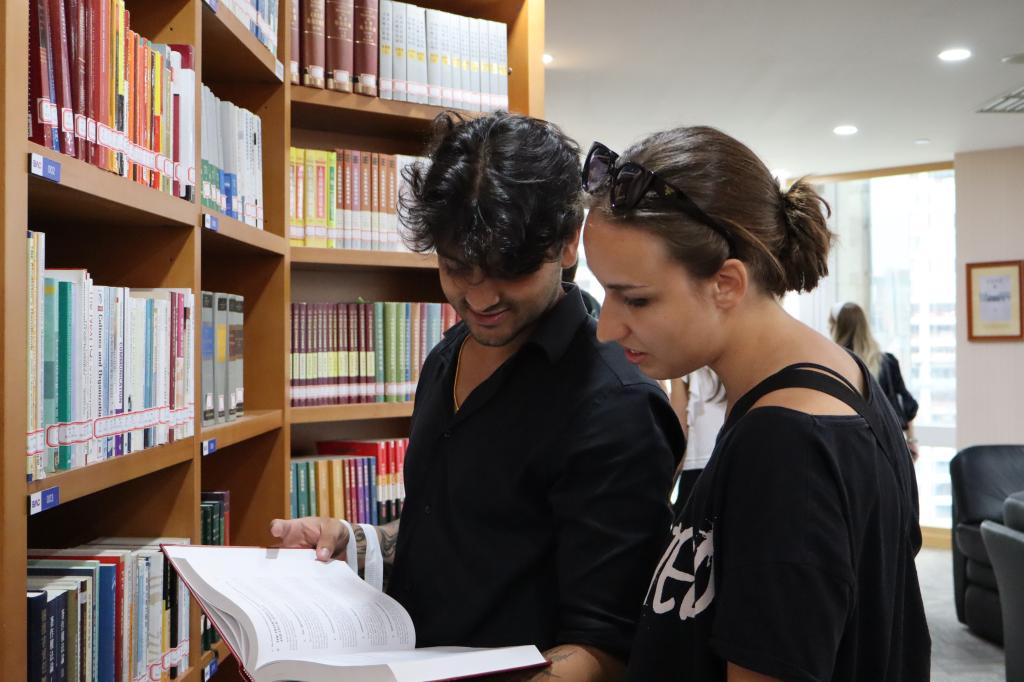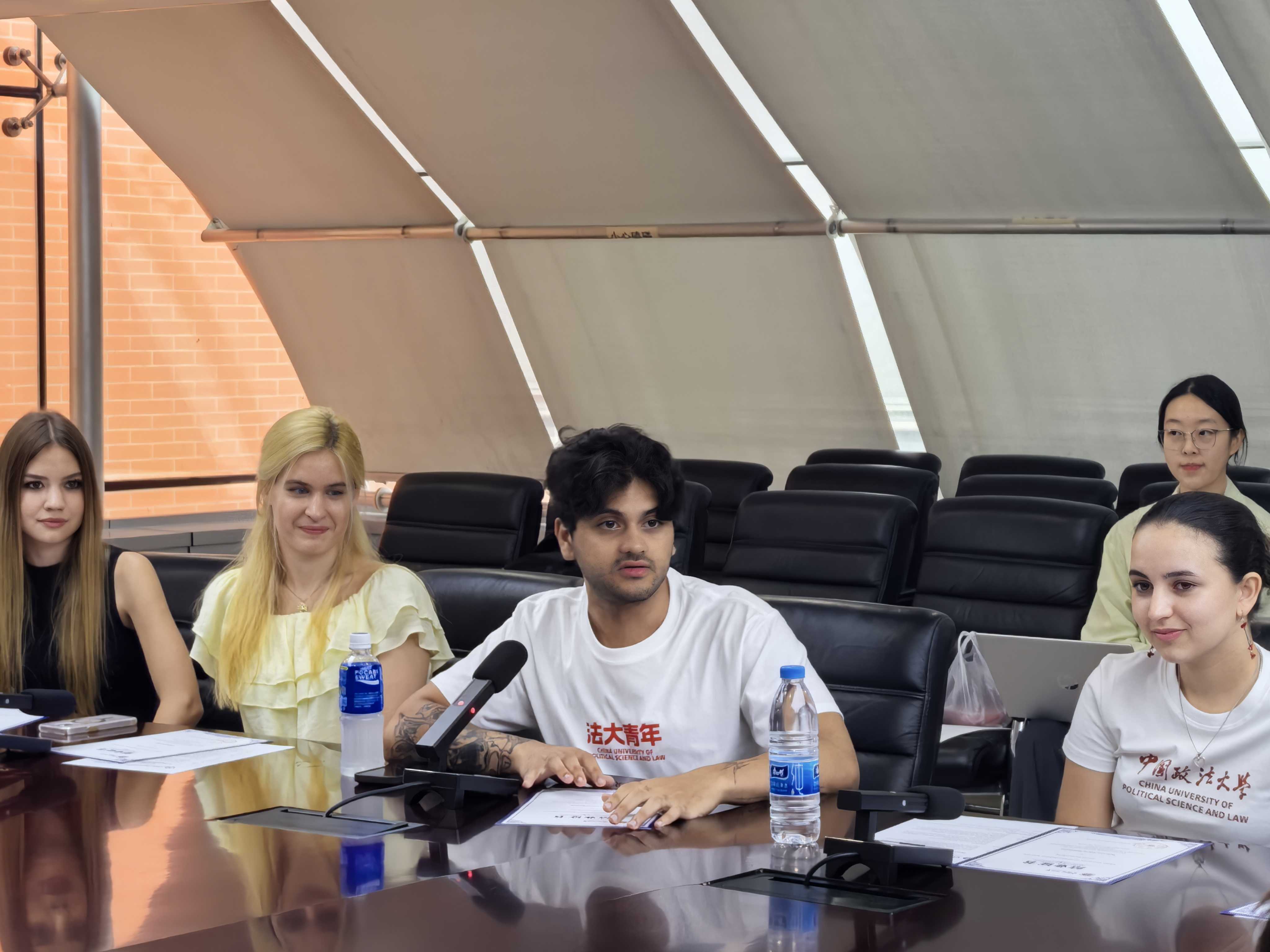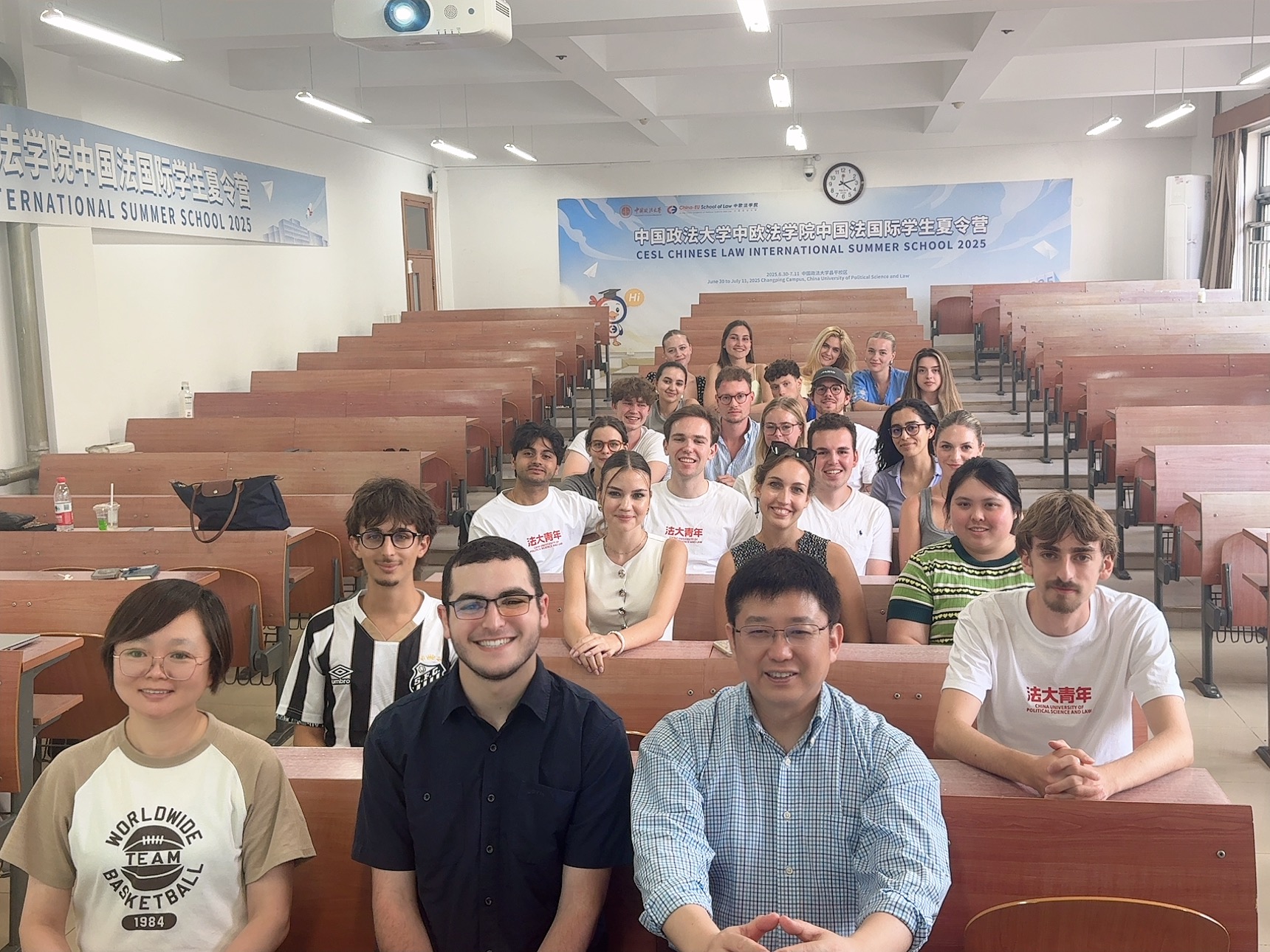Gilchrist Dsouza is a student from the Faculty of Law at Newcastle University in UK. He participated in the CESL Chinese Law International Summer School 2025. In this article, Gilchrist Dsouza shares his experiences in summer school.
My recent visit to China was more than just an academic exchange; it was a transformative experience that deepened my understanding of law, governance, and culture in a system often misunderstood from the outside. Spending time on the ground and engaging with Chinese legal scholars and students allowed me to see the country beyond the typical headlines, and I left with a more nuanced, realistic, and respectful view of how China functions.

The legal lectures were particularly eye-opening. As a law student trained in the UK common law tradition, I arrived with certain assumptions about how legal systems should operate primarily grounded in adversarial procedures, judicial independence, and individual rights frameworks. China’s civil law structure, intertwined with socialist legal theory and the role of the Communist Party, challenged my perspective. I learned that while China does not follow a Western liberal model, it has its own internal legal logic that prioritizes order, stability, and collective welfare. The emphasis on mediation and social harmony, for example, reveals a fundamentally different way of thinking about justice and dispute resolution, one that is deeply influenced by Confucian traditions as well as state policy.

What stood out most, however, was how the law in China operates within a larger political and cultural system. The lectures covered not just black-letter law, but also how the legal system serves national development goals, social control, and administrative efficiency. This helped me appreciate the complex interplay between law and governance in a country with 1.4 billion people. While I may not agree with every aspect of the system, I left with a respect for its functionality within its own context.

Outside the classroom, the cultural immersion made this experience even more impactful. From historical landmarks like the Forbidden City and the Great Wall to everyday experiences like street food markets and conversations with local students, I gained a deeper appreciation for China’s rich heritage and modern dynamism. The Chinese people I met from law professors to shop owners were warm, curious, and generous with their time. Their pride in their country was palpable, and their willingness to engage openly with a foreigner studying their system added great value to my journey.

Being in China also made me reflect on my own legal system more critically. It is easy to assume our way is the only or best way, but this trip reminded me that law is ultimately shaped by history, politics, and societal values. Opportunities to visit and speak with leaders in the legal field also greatly heightened my understanding of how the Chinese legal system practically operates.
In sum, this exchange was intellectually and personally enriching. It broadened my legal horizons, exposed me to new ways of thinking, and gave me a fuller, more satisfying realization of what China is not just in theory, but in lived reality. I am grateful for the opportunity and hope to continue building on this experience in my future studies and professional life.
Photo and text: Gilchrist Dsouza
Assistant Editor: Zhang Xinyi
Responsible Editor: MA Anna
Recommended Articles
CESL CHINESE LAW INTERNATIONAL SUMMER SCHOOL 2025 SUCCESSFULLY LAUNCHED
Meet·CESL | ① Pawel Mateusz Gadocha shares his experience completing an LL.M. in China
Meet·CESL | ② Emma Bakos at the CESL Summer Camp
Meet·CESL | ③ Christina Boyksen:From Hamburg to Beijing: Expanding my legal horizon
Meet·CESL | ④ Choo Shermane: Bridging Cultures Through Law: My Journey at the CUPL-CESL Summer School
Meet·CESL | ⑤ Julian Patz at the CESL Summer Camp
Meet·CESL | ⑥ Yitzchak Isaac Small at the CESL Summer Camp
Meet·CESL | ⑦ Marie Steffenhagen at the CESL Summer Camp
Meet·CESL | ⑧ Taissia Haas at the CESL Summer Camp
